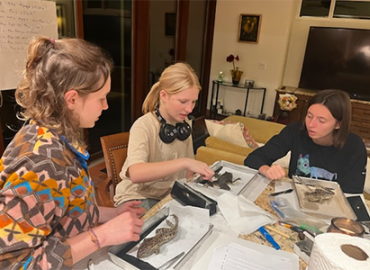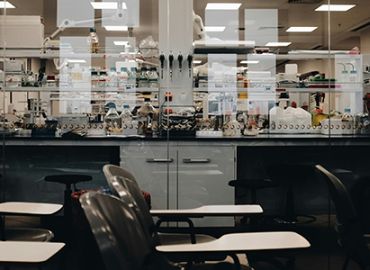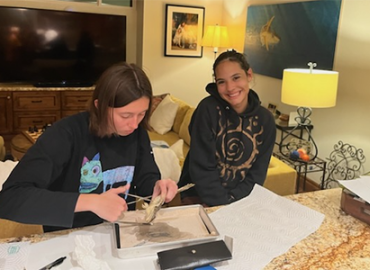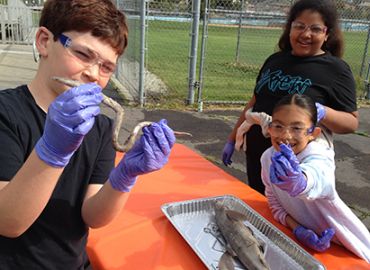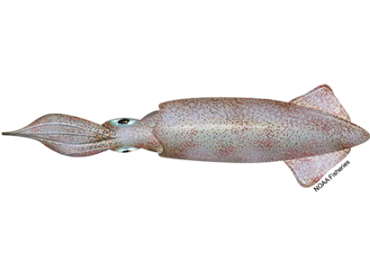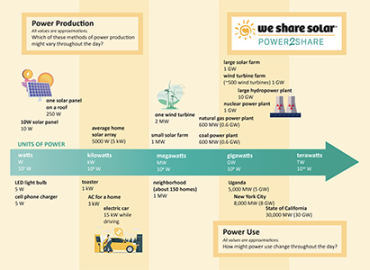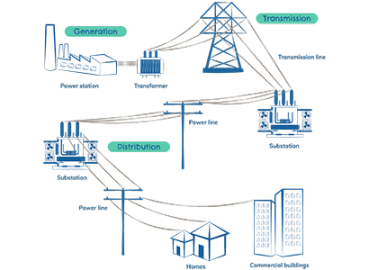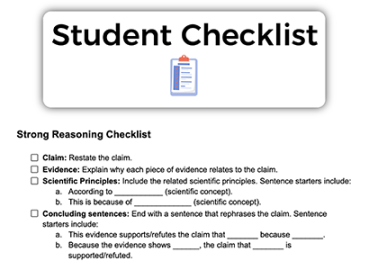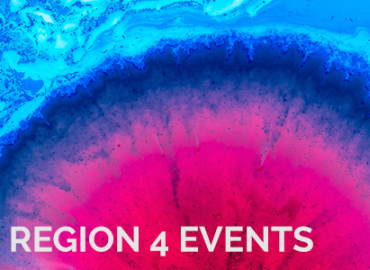Spring 2024 California Classroom Science – Vol. 36 Issue 3
President's Message
Science on the Dashboard!
FYI
Exploring Perspectives on Classroom Dissection: Insights from CASE, PETA, and Beyond
Why Animal-Free Anatomy Lessons are the Future of Education
Evaluating Alternatives to Dissection with the SynFrog
Invaluable Learning Experiences: Thoughtful Design and Implementation of Dissections
A Student's Experience with High School Dissection
Changing My Thinking About Dissection
Green Engineering Design: Stand-Alone Solar Electric Systems
Empowering Students to Design Tomorrow's Microgrids Today
The Spectrum of “Our Why?” behind CASE and DEI
A New Framework for Teaching “Reasoning” in Claim-Evidence-Reasoning
Using High Interest Books to Teach Environmental Science Concepts
Region 4 Events
Region 4 Update: Spring 2024
Join Today!
Not a member of CASE? Join/Renew today
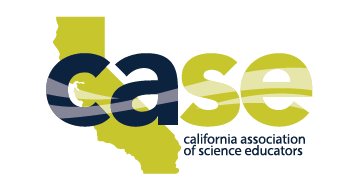
California Classroom Science
CASE's signature publication, is an electronic publication that is produced bimonthly. The publication consists of mostly original content produced by CASE members and provides information of interest to California science educators.
CCS is packed with information, news, resources, ideas, and activities of current interest to science educators. CCS is delivered to CASE members electronically via e-mail and is available on our website for all to enjoy.
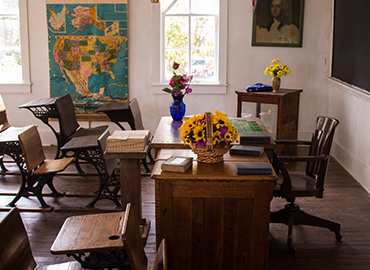
Science Classroom Move
CASE’s newsletter, California Classroom Science, has always had great articles about resources, lessons, planning tools, and issues in science education. But sometimes the things that help us the most are the little things: A classroom move. This is a new interactive column that allows you to share those little moves. We’d love to hear from all of you!



